• BOOKS & PODCASTS
THIS MONTH’S BEST HISTORICAL READS AND LISTENS
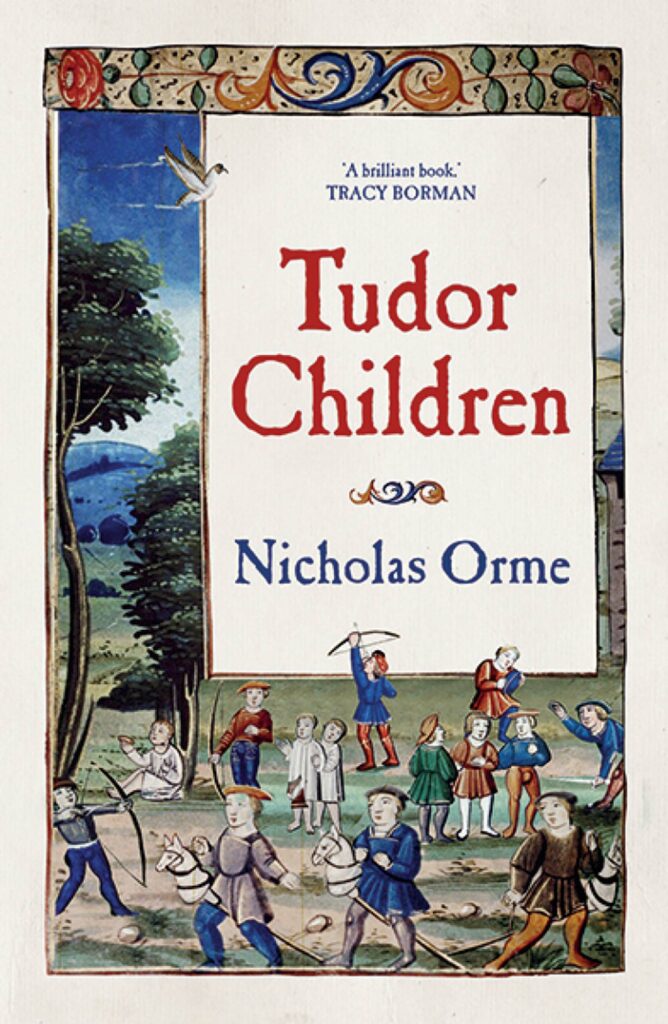
BOOK OF THE MONTH
Tudor Children
Yale University Press, £20, hardback, 288 pages
Don’t know your nine men’s morris from your blind man’s buff? Learning about such games, and the ways in which young people spent their leisure time, are just some of the joys of this wide-ranging exploration of childhood in Tudor England. From infancy to adolescence, Nicholas Orme guides us through playtime and mealtimes, the schoolyard and the world of work. It’s not all fun and games: there are hardships and dangers here, but they’re easily matched by love and affection, songs and laughter.
LISTEN
Nicholas Orme will be discussing Tudor Children on a future episode of the HistoryExtra podcast: historyextra.com/podcast

Great and Horrible News: Murder and Mayhem in Early Modern Britain
William Collins, £18.99, hardback, 304 pages
This look at the 17th-century obsession with crime and carnage takes its title from the phrase emblazoned on the pamphlets that breathlessly relayed the titillating details of the latest grisly death. Its author, Blessin Adams, is a former police officer turned academic, and she brings a meticulous eye and deep empathy to tales of people coming face to face with extreme and upsetting situations. Together, these case studies offer a compelling picture of the laws, morals and values of Britain four centuries ago.
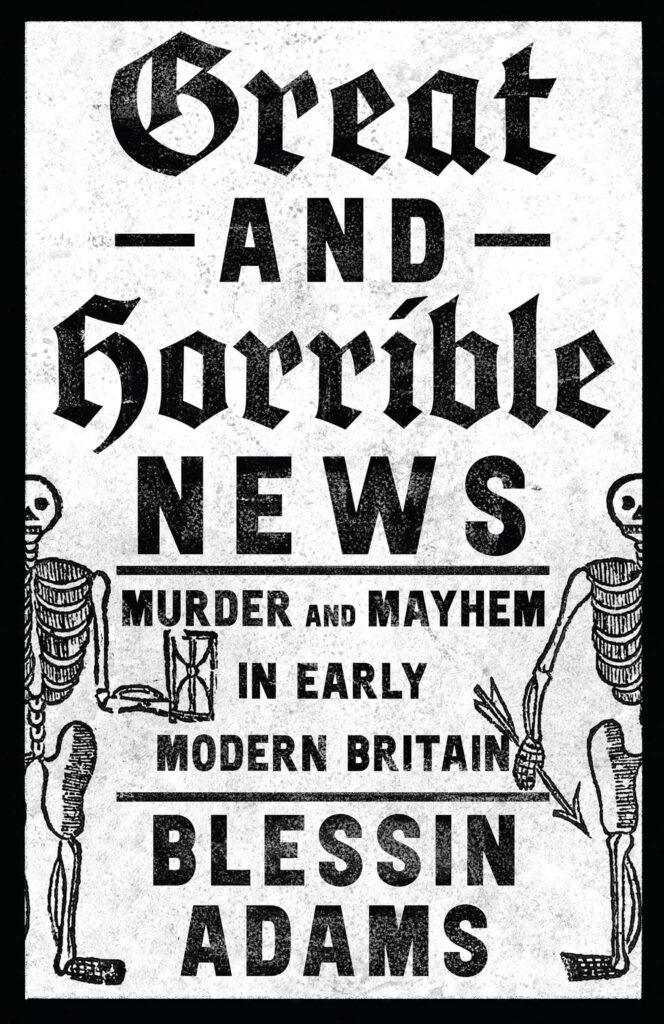
Pathogenesis: How Germs Made History
Torva, £25, hardback, 384 pages
As we know only too well from recent experience, germs have the power to upend to an extent hugely disproportionate to their tiny size. Yet, this book argues, microbes have actually shaped the course of human development far more than we give them credit for. Ranging from our species’ earliest days to the birth of Britain’s welfare state via the fall of Rome, the Black Death and the Industrial Revolution, this is big-picture history that aims to make us think anew about the forces behind historical change.

Beyond the Wall: East Germany, 1949–1990
Allen Lane, £25, hardback, 496 pages
The darker aspects of life in East Germany – the economic hardships, the political repression, the systemic state surveillance – were so significant that they have, understandably, come to dominate our view of the nation in the decades since its demise. While not diminishing these important threads, Katja Hoyer’s extensively researched account skilfully weaves them into a broader, brighter tapestry, one that also features richer cultural, political and social elements than we sometimes realise.
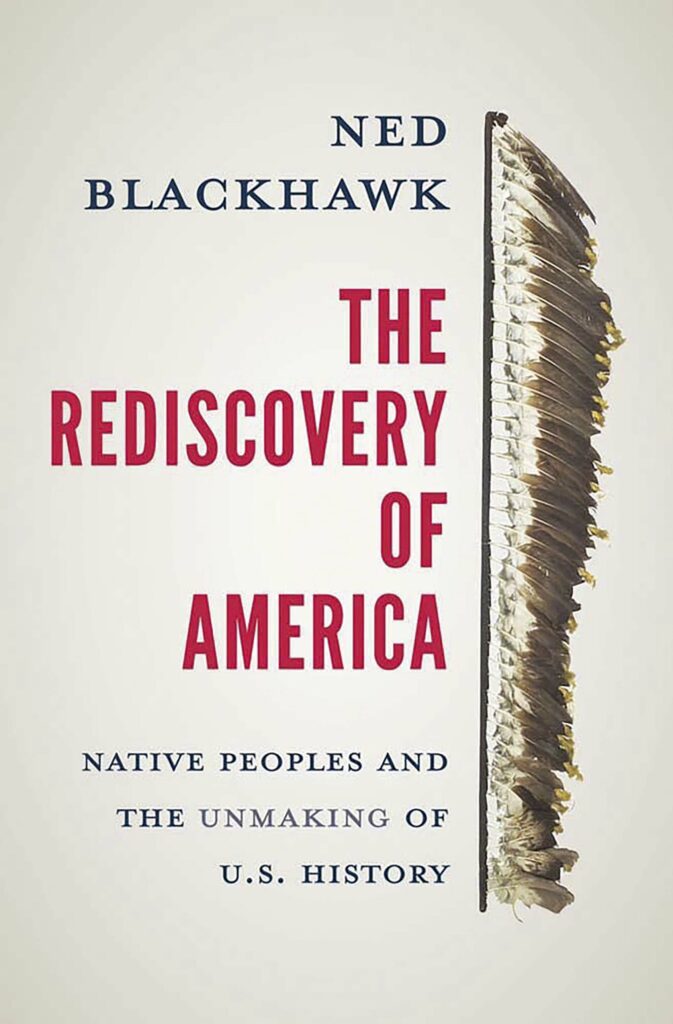
The Rediscovery of America: Native Peoples and the Unmaking of US History
Yale University Press, £25, hardback, 576 pages
The experiences of Native American people have, when included in historical accounts at all, tended to be viewed solely through the prisms of victimhood and violence. Leading scholar Ned Blackhawk fits those aspects of the story into a wider whole, making the United States’ diverse Indigenous populations the protagonists. In doing so, he reveals the ways in which they drove the currents of both US history and the nation’s place in the world.
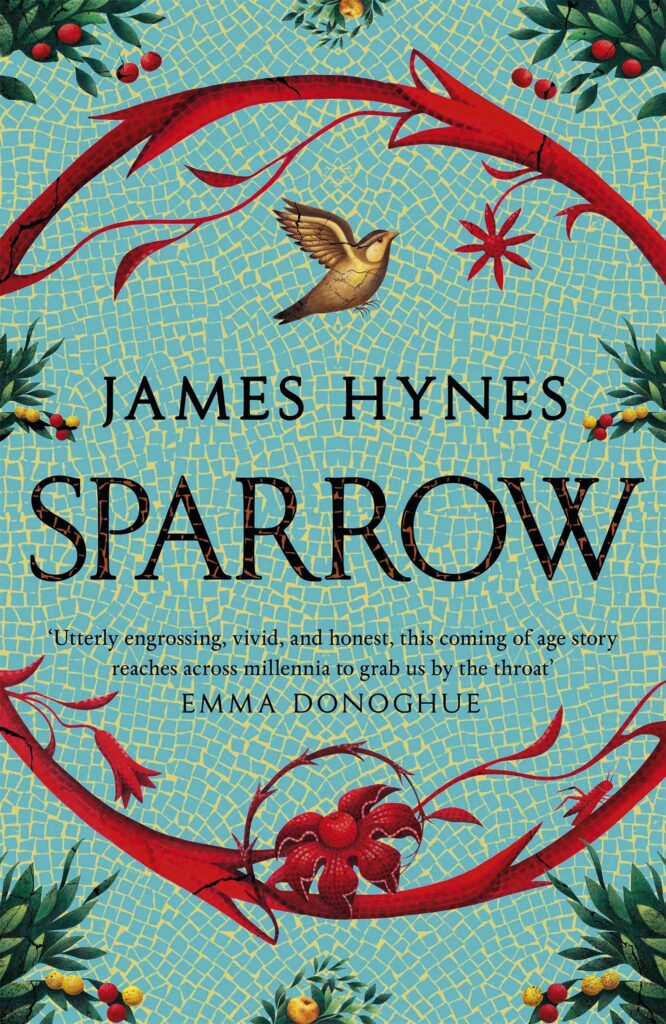
FICTION
Sparrow
Picador, £16.99, hardback, 464 pages
Transporting readers to the very edge of a crumbling Roman empire, James Hynes’ novel charts the life of Sparrow, a young boy being brought up by the women of the town’s brothel. As he grows to understand more about his world – the sex, the slavery, the cruelty – his place within it begins to change forever. Dealing with themes that some readers may find difficult, and by turns brutal and tender, this is vivid, atmospheric stuff.
WHAT TO LISTEN TO…
Each month we bring you three of our favourite podcasts from the BBC and HistoryExtra


History’s Greatest Cities
Indulge your historical wanderlust – if only virtually – with this new HistoryExtra podcast series that roams through some of Europe’s greatest metropolises. Each episode sees travel journalist Paul Bloomfield joined by an expert historian guide as they navigate the streets and sites of cities including Berlin, Madrid, Rome and Prague. It’s a great way of crossing continents and centuries – without paying the airfare.


Lady Killers
Historian and broadcaster Dr Lucy Worsley returns with a second run of her podcast series re-examining historical crimes perpetrated by women. Joined by a host of legal experts, psychologists and comedians, along with historical consultant Professor Rosalind Crone, Worsley sets out to view these cases afresh – and reveal the circumstances that led such women to commit acts that scandalised society.
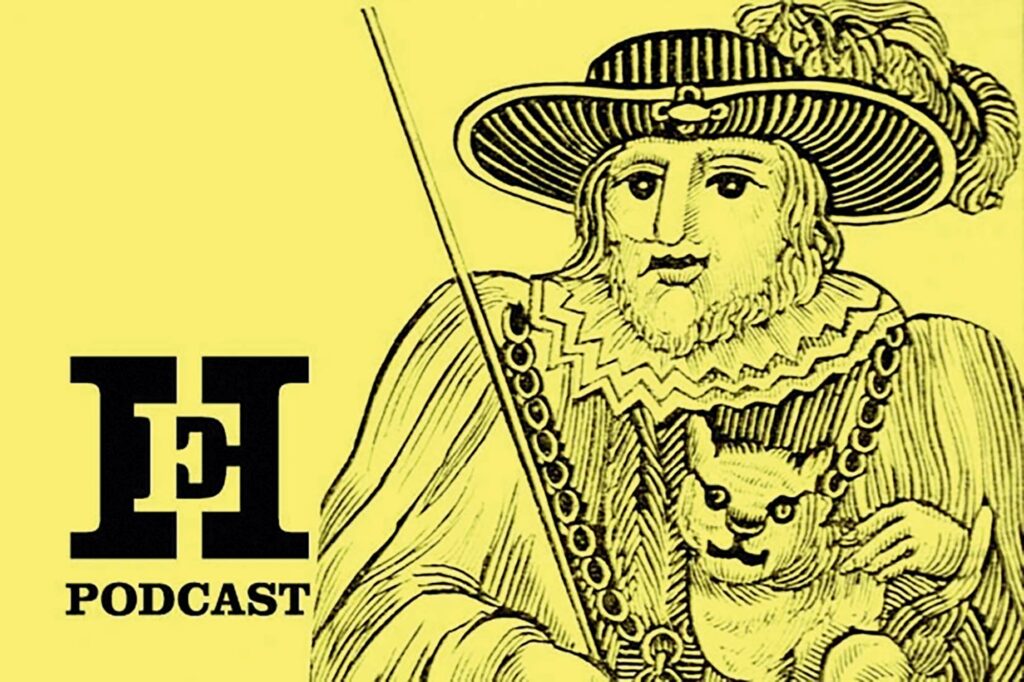

The real Dick Whittington
We may now know Dick Whittington through his pantomime incarnation as poor boy turned London mayor, but the yarn does have roots in reality. Those roots may sometimes be on the sketchy side – Dick’s faithful companion Thomas quickly turns out to be a strictly fictional feline, for instance – but the real Richard’s exploits, and the reasons they’ve had such staying power, are fascinating in their own right.